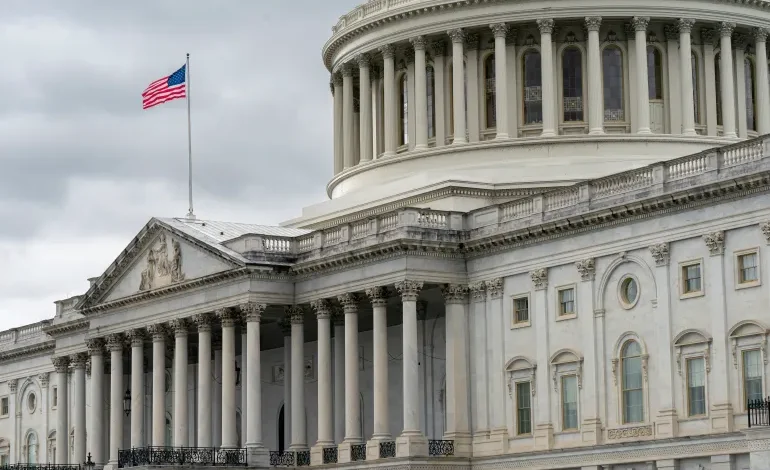With a US government shutdown imminent, what happens to the economy?

It is probably no surprise that Republican infighting scuttled a stopgap measure on Friday in the House of Representatives, designed to avert a government shutdown on September 30.
That is the deadline to approve new budget legislation to fund the United States government over the next fiscal year — which starts on Sunday.But with a faction of hardline Republicans refusing to pass any sort of legislation without massive cuts to discretionary funding, the country is now staring at a possible shutdown of all federal functions deemed non-essential.
Even those considered essential won’t get fully paid, said Justin Begley, an economist at Moody’s Analytics, although they will receive their full salaries once the shutdown is over.
“We’ve reached this point because political partisanship seems to be elevated,” Begley explained.
While the US Congress decides what is essential and what isn’t — the line is typically drawn at safety — no government funds means no government spending.
That could leave hundreds of thousands of federal workers without pay, and millions of citizens without access to programmes like nutrition assistance.
Depending on the length of the shutdown, the US economy overall could also worseLast month, Fitch Ratings downgraded US credit rating by one notch on the back of the debt ceiling crisis and political divisions. Earlier this week, Moody’s warned a shutdown would negatively affect the government’s credit: It currently lists the US as having a AAA rating, the highest possible.Loss to the economy
Around a quarter of the US gross domestic product is government expenditure. If that spending were “severely dented”, Begley said it would have all kinds of knock-on effects on investments and consumption, affecting the economy as a whole.
For every week the shutdown persists, there could be potential losses of 0.1 to 0.2 percentage points of quarterly economic growth, according to Jared Bernstein, chairman of the White House Council of Economic Advisers.
Economists at Goldman Sachs, meanwhile, put that number down to 0.2 percentage points for each week of shutdown.While economists expect some recovery once back pay comes in for government employees, there will be a permanent loss of hours and wages from the roughly five million government contractors, slightly half of whom are expected to be impacted by the shutdown.
A long shutdown also means fewer small business loans and fewer companies listed on the stock market. Indeed, Gary Gensler, the chair of the US Securities and Exchange Commission, urged companies that were ready to list to do so before the shutdown: If nonessential government services are frozen, the process of reviewing companies to go public on the stock market will slow to a crawl.










